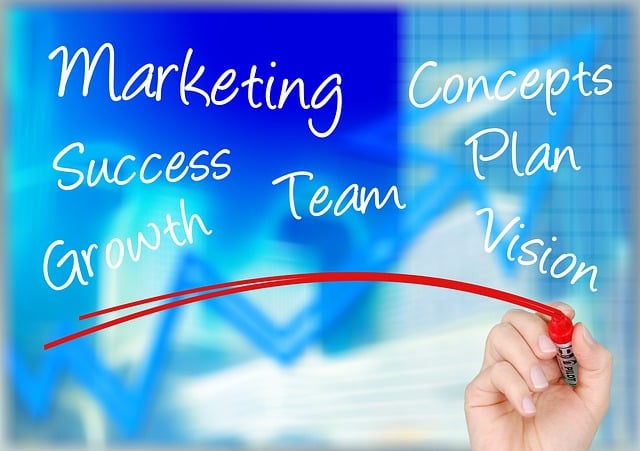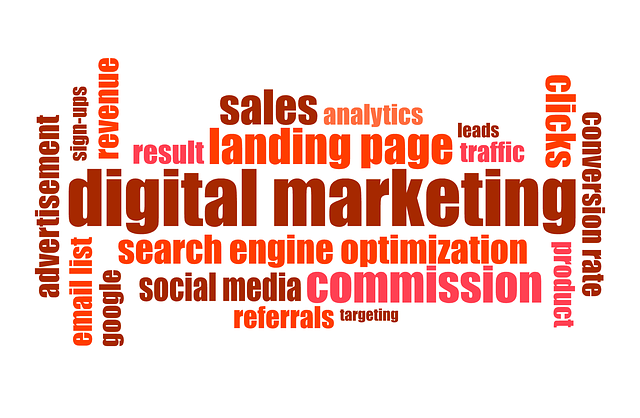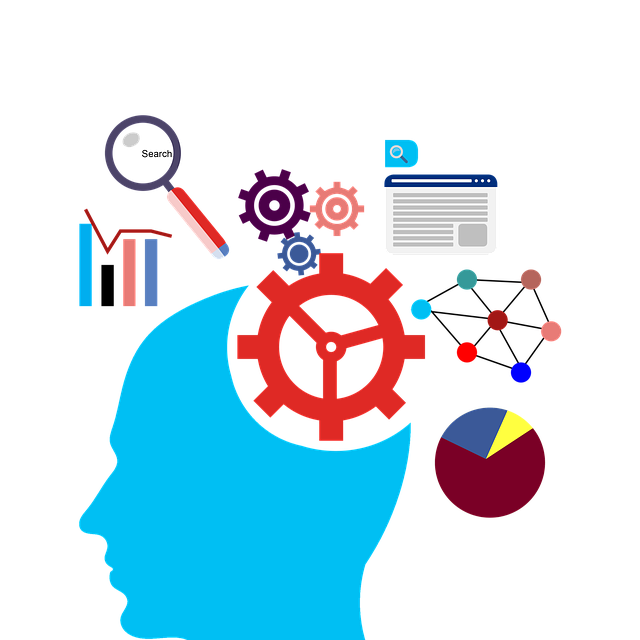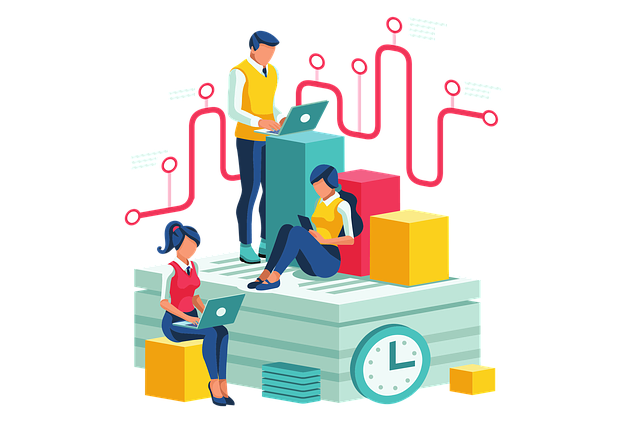Integrating AI technologies is a strategic move for auto businesses to enhance operations and customer experiences through AI-powered marketing strategies. These strategies leverage machine learning to analyze customer data, gaining insights into vehicle maintenance patterns and preferences, enabling personalized services like predictive maintenance reminders and tailored repair recommendations. AI also automates repetitive tasks such as scheduling appointments and diagnosing mechanical issues, streamlining processes and reducing errors. As a result, auto repair shops can improve efficiency, cut costs, deliver faster service times, and solidify their position in the competitive automotive market, while appealing to tech-oriented customers with enhanced services and targeted marketing.
“The automotive industry is undergoing a transformative shift with the integration of Artificial Intelligence (AI). This article explores effective AI implementation strategies tailored for auto businesses, focusing on enhancing customer experiences and streamlining operations. We delve into understanding AI’s role in auto services, developing innovative AI-powered marketing strategies to engage modern car owners, and examining implementation steps and future prospects. By harnessing AI capabilities, auto repair businesses can stay competitive, offer personalized services, and revolutionize their marketing approach.”
- Understanding AI Integration for Auto Businesses
- Developing AI-Powered Marketing Strategies
- Implementation and Future Prospects
Understanding AI Integration for Auto Businesses

For auto businesses, integrating AI technologies is a strategic move to enhance operations and customer experiences. AI-powered marketing strategies for auto repair businesses play a pivotal role in this transformation. By leveraging machine learning algorithms, these businesses can analyze vast amounts of customer data to gain insights into vehicle maintenance patterns, preferences, and behaviors. This enables them to offer personalized services, such as predictive maintenance reminders and tailored repair recommendations, thereby increasing customer satisfaction and loyalty.
Furthermore, AI can automate repetitive tasks like scheduling appointments, managing inventory, and even diagnosing basic mechanical issues through natural language processing chatbots. These innovations allow auto repair shops to streamline their processes, reduce human error, and free up staff to focus on more complex tasks. As a result, businesses can improve efficiency, cut costs, and deliver faster service times, solidifying their position in the competitive automotive market.
Developing AI-Powered Marketing Strategies

Auto businesses can leverage AI-powered marketing strategies to gain a competitive edge in today’s digital landscape. By integrating machine learning algorithms, these businesses can better understand customer behavior and preferences, enabling them to tailor their marketing efforts for maximum impact. For instance, AI-driven predictive analytics can anticipate service needs based on vehicle diagnostics data, allowing auto repair shops to proactively reach out to customers with personalized offers and maintenance plans.
Furthermore, natural language processing (NLP) technologies can be employed to analyze customer reviews and feedback, providing insights into areas of improvement and helping businesses craft more effective marketing messages. AI-powered chatbots can also enhance customer engagement by swiftly addressing common inquiries, scheduling appointments, and even offering virtual consultations. These strategies not only improve customer satisfaction but also streamline marketing processes, making auto repair businesses more efficient and appealing to tech-savvy customers.
Implementation and Future Prospects

The implementation of AI in auto businesses, particularly in auto repair and services, marks a significant shift towards efficient, data-driven operations. By embracing AI-powered marketing strategies, these businesses can transform their customer engagement, predictive maintenance, and overall operational enhancements. One of the key benefits lies in personalizing customer experiences through AI algorithms that analyze customer preferences, past services, and vehicle data to offer tailored recommendations and promotions.
Looking ahead, the future prospects for AI integration in auto repair are promising. Advanced machine learning models can predict equipment failures, optimize inventory management, and streamline scheduling, leading to cost savings and improved service efficiency. As AI continues to evolve, these businesses can leverage natural language processing for better customer support, sentiment analysis to gauge customer satisfaction, and computer vision for automated diagnostics. Such developments will not only drive innovation but also set the stage for a competitive edge in the market.
AI integration offers immense potential for auto businesses to transform their operations and enhance customer experiences. By adopting AI-powered marketing strategies, such as personalized customer interactions and predictive analytics, auto repair shops can attract and retain a competitive edge. As technology advances, investing in AI now sets the stage for future success, ensuring these businesses stay ahead of the curve in an increasingly digital automotive landscape. Effective implementation and continuous adaptation will be key to unlocking the full benefits of AI for auto repair enterprises.
